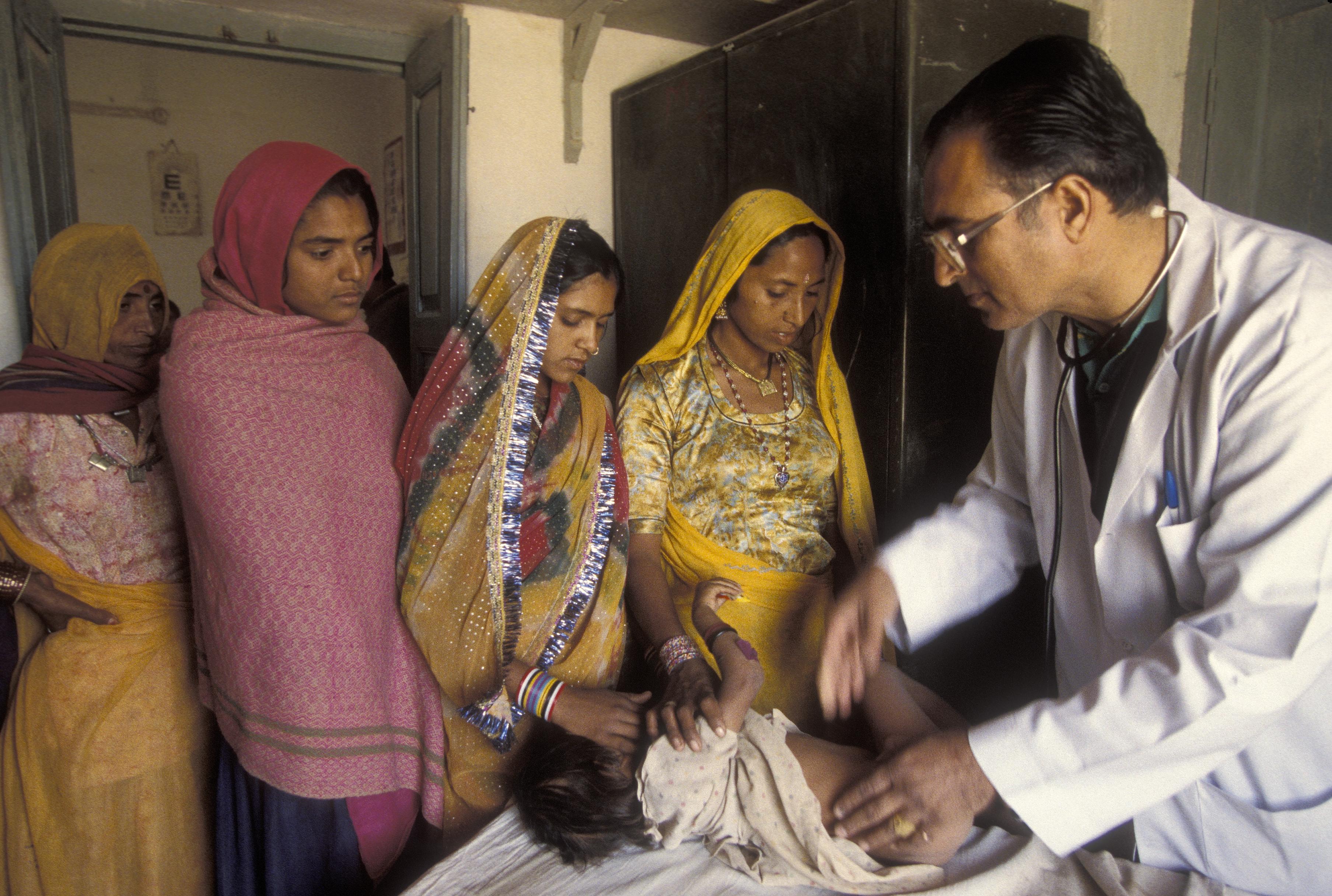Kanav Kahol, a biomedical engineer and researcher at Arizona State University, realized that physicians and engineers were doing little to make diagnostic testing more affordable. As a result, billions of people receive inadequate preventative healthcare. Intent on creating a solution, Kahol moved back to New Delhi in 2011 where he developed the Swasthya Slate.
The Swasthya Slate is a mobile medical device that performs 33 medical tests covering a broad range of assessments, including blood pressure, heart rate, heamoglobin, HIV, malaria, and typhoid. The device is roughly the size of a large textbook and costs $600. Each test takes one to two minutes, and results are automatically stored on the patient’s cloud-based medical records.
After finishing the slate in Jan. 2013, Kahol introduced it to 2.1 million people served by medical clinics in the Northern Indian state of Jammu and Kashmir. Swasthya Slate is now used in six continents, and the next generation of the device—HealthCube—was tested last month in Clinica Internacional, Peru’s most prestigious hospital. Alvaro Chavez Tori, Clinica’s general manager, is optimistic about the integration of the HealthCube in Peru and Latin America as the “acceptance of the technology was amazingly high.”
HealthCube has great potential in the United States as well. Over 10 percent of the U.S. population still lacks health insurance, and thus receives less preventative care and experiences greater serious illness. Basic tests provided by Swasthya Slate and HealthCube would alert Americans to health issues early and affordably, cutting costs for citizens and for the government.
Article via The Washington Post, March 11, 2016
Photo: Infant patients get a checkup via World Bank Photo Collection [Creative Commons Attribution-NonCommercial-NoDerivs]
